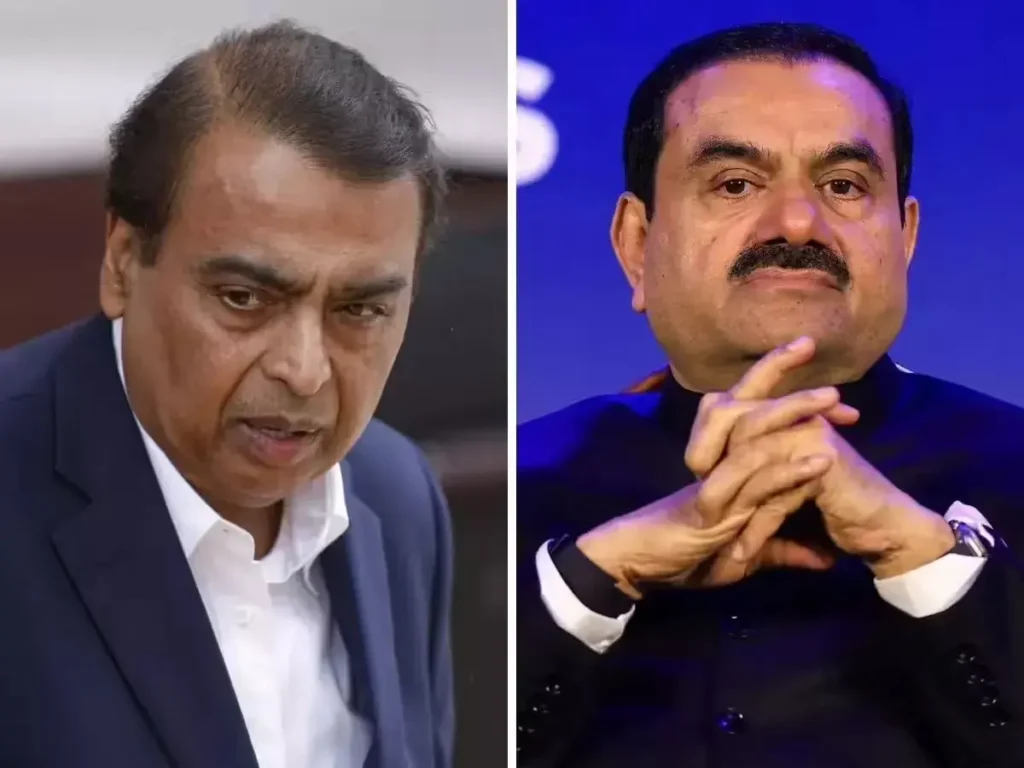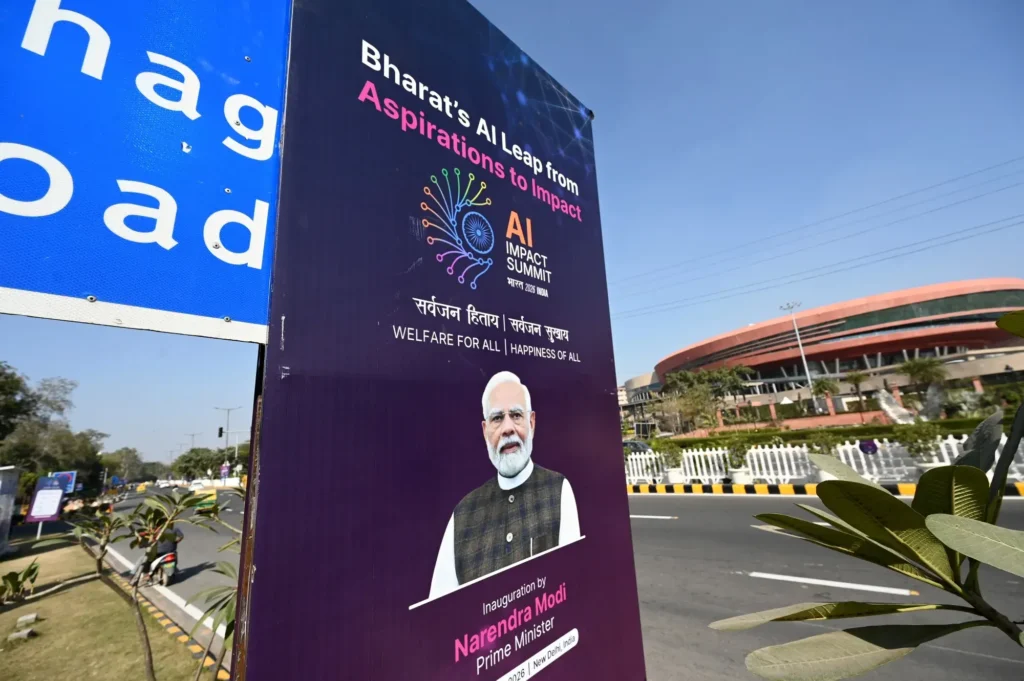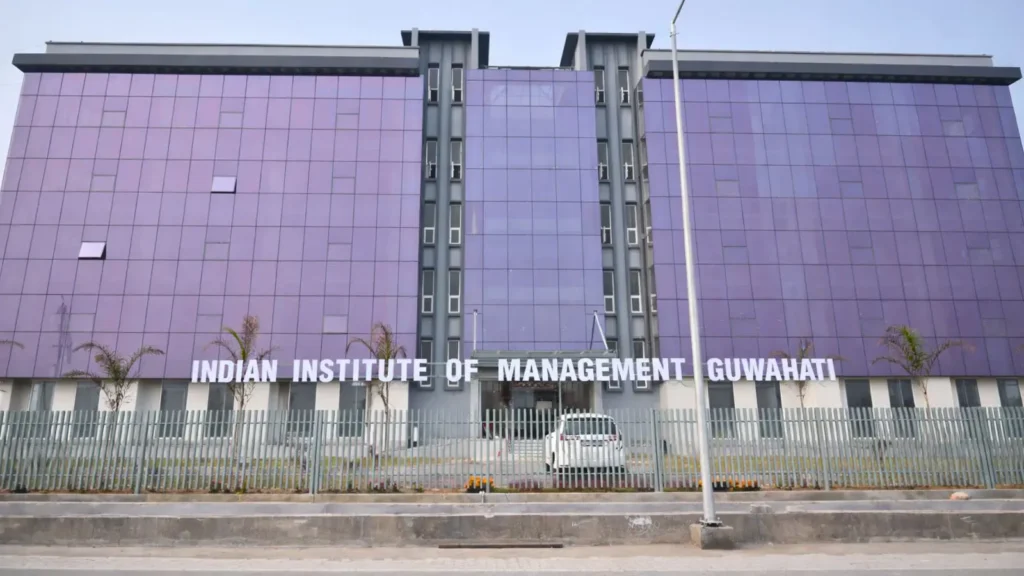Sundar Pichai Unveils Google AI Professional Certificate, Announces India-America Connect Initiative
At the Artificial Intelligence Summit in New Delhi, Sundar Pichai, CEO of Google, announced the launch of a new Google AI Professional Certificate programme aimed at strengthening AI skills and deepening technology collaboration between India and the United States. During his keynote address, Pichai also introduced the India-America Connect Initiative, a major digital infrastructure project that will establish new subsea cable routes linking India, the US, and several regions across the southern hemisphere. The initiative is designed to enhance AI connectivity, improve data transfer speeds, and support the growing demand for advanced AI capabilities. Emphasising the need to pair infrastructure growth with talent development, Pichai described the AI certificate programme as one of Google’s most ambitious skilling efforts in India. He noted that as AI creates new opportunities, investing in workforce training is essential to ensure professionals can effectively integrate AI into their work. Reflecting on Visakhapatnam—popularly known as Vizag—Pichai recalled remembering it as a quiet coastal city filled with promise. He said he never imagined it would one day emerge as a global AI hub. As part of its planned $15 billion infrastructure investment in India, Google will establish a full-stack AI hub in the region. The facility will feature gigawatt-scale compute capacity along with a new international subsea cable gateway, a move expected to create jobs and bring cutting-edge AI resources to businesses and communities across the country. The Google AI Professional Certificate is designed to equip learners with both foundational and advanced AI expertise. The curriculum covers key areas such as artificial intelligence fundamentals, machine learning, neural networks, and practical real-world applications. Participants will gain hands-on experience using Google’s AI tools and technologies, enabling them to implement AI-driven solutions in professional settings and explore new career opportunities in a rapidly evolving digital economy. Source: NDTV










